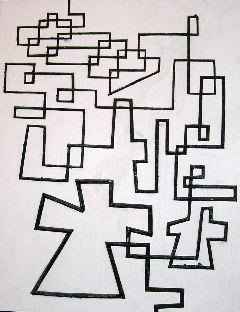82. On The Writing Of Poetry - William Stafford
A writer is not so much someone who has something to say as he is someone who has found a process that will bring about new things he would not have thought of if he had started to say them. That is, he does not draw on a reservoir; instead he engages in an activity that brings to him a whole succession of unforeseen stories, poems, essays, plays, laws, philosophies, religions, or–– but wait!
Back in school, from the first when I began to try to write things, I felt this richness. Now after twenty years or so of trying, I live by that certain richness, an idea hard to pin, difficult to say, and perhaps offensive to some. For there are strange implications in it.
One implication is the importance of just plain receptivity. When I write, I like to have an interval before me when I am not likely to be interrupted. For me, this means usually the early morning, before others are awake. I get pen and paper, take a glance out of the window (often it is dark out there), and wait. It is like fishing. But I do not wait very long, for there is always a nibble––and this is where receptivity comes in. To get started I will accept anything that occurs to me. Something always occurs, of course, to any of us. We can't keep from thinking.
Maybe I have to settle for an immediate impression: it's cold, or hot, or dark, or bright, or in between! Or––well, the possibilities are endless. If I put down something, that thing will help the next thing come, and I'm off. If I let the process go on things will occur to me that were not at all in my mind when I started. These things, odd or trivial as they may be, are somehow connected. And if I let them string out, surprising things will happen.


0 Comments:
Post a Comment
<< Home